The fruits and vegetables that you can buy at the farmer’s market don’t just taste better, they have plenty of other benefits that you can enjoy. In some cases, your health may depend on your choice of fruits and vegetables at the store. Many vegetables and fruits may be treated with harmful chemicals and pesticides. Plus, it is important to support your local growers.
If you are really trying to make healthy choices, then make sure that you are buying these 8 foods at your local farmer’s market!
1. Tomatoes
You will notice the difference right away when you take a bite of a tomato from the farmer’s market. Most of the time, tomatoes are getting old and mealy by the time they make it to the produce section of your supermarket, but you can often get tomatoes that have been picked that very morning when you buy at your local market. Tomatoes are also notorious for having high amounts of fungicides and pesticides, and these can soak through the delicate skin right into the flesh.
2. Carrots
When you buy carrots at the supermarket, you are usually limited to the standard orange variety that you are used to. But, you will be amazed when you check out the carrots available at the farmer’s market! You will find carrots in many different shades, each with their own distinct flavours. Purple carrots, especially, contain higher amounts of antioxidants than their orange counterparts, according to a recent study published in the Journal of Agriculture and Food Chemistry. These carrots are also good for the environment, too. Storing carrots in facilities and shipping them around contributes about 60% of the gas emissions associated with the production of carrots.
3. Onions
Here’s a fact that might make you cry! Buying local onions may actually help you save the business of a local farmer. Domestic onion growers have suffered since the United States reduced the restrictions of agricultural trade with Peru, which is a major exporter of onions. Buying local onions will help your local growers, and reduce your risk of exposure to a harmful pesticide, known as methamidophos, which has shown to cause sperm damage in the Peruvian farmers that use it.
4. Berries
Berries can overripen and begin to rot very quickly after being picked. As a result, they are often air-shipped, which causes great pollution when they must travel around the world in time to be eaten. Just as an example, the United States annually imports about $220 million dollars worth of strawberries, while selling only about $1.5 million worth of strawberries grown in the country.
5. Peaches
Peaches are definitely the tastiest in midsummer, when they are at their peak season. So, when you buy peaches at any other time of the year, you are likely buying fruit that has traveled quite a distance to get to your supermarket’s produce section. Peaches also often contain high levels of pesticides that you won’t usually find in local varieties.
6. Asparagus
This is another example of a Peruvian export that may be causing hardship to local growers. Keep in mind that the asparagus from Peru has been heavily sprayed with a dangerous pesticide called methyl bromide, which is neurotoxic and may cause cancer. Although the season for local asparagus may be short, you are definitely getting healthier versions locally.
7. Organic Foods
Even when your supermarket labels fruits and veggies as “organic,” they may actually contain more pesticides than you think. Many organic foods are grown in soil that contains high levels of chemicals and fertilizers, even if the fruits or vegetables are not directly treated. You are less likely to find that problem with locally grown foods.
8. Meats
Not only are local fruits and vegetables likely to be safer, the meats that you can get from local farms are more likely to come from grass-fed animals, rather than corn-fed animals kept in unhealthy cages or unsanitary conditions.
Buying locally has many advantages. You are supporting your local farmers, and more likely to get healthier products. But, be sure to ask the farmer about their practices so that you can be confident about what you are putting into your body.
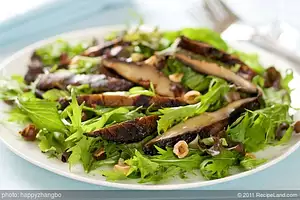


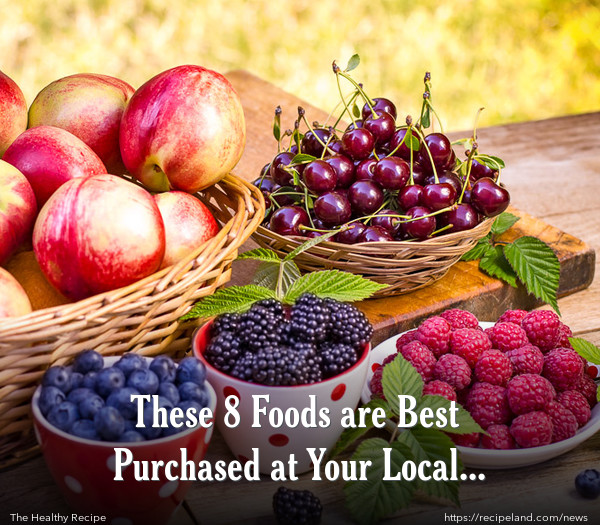
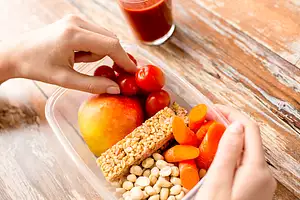



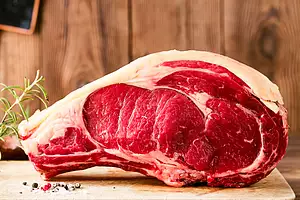
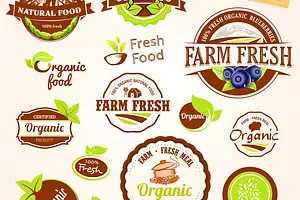
Comments